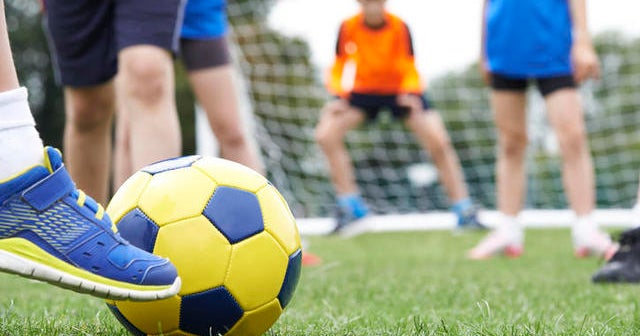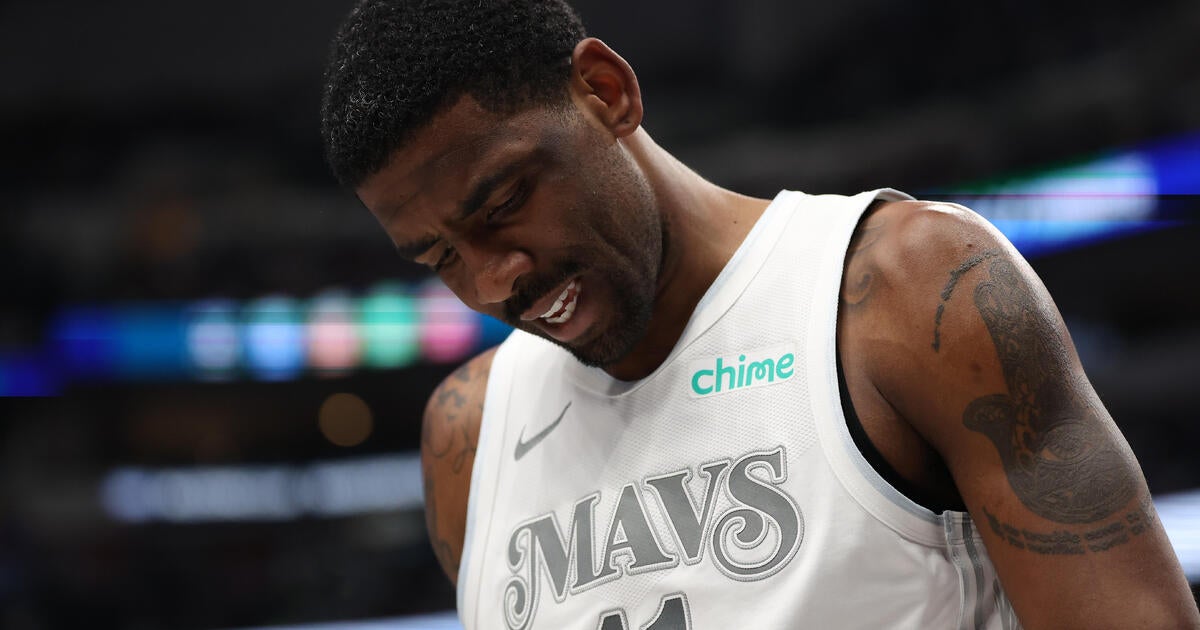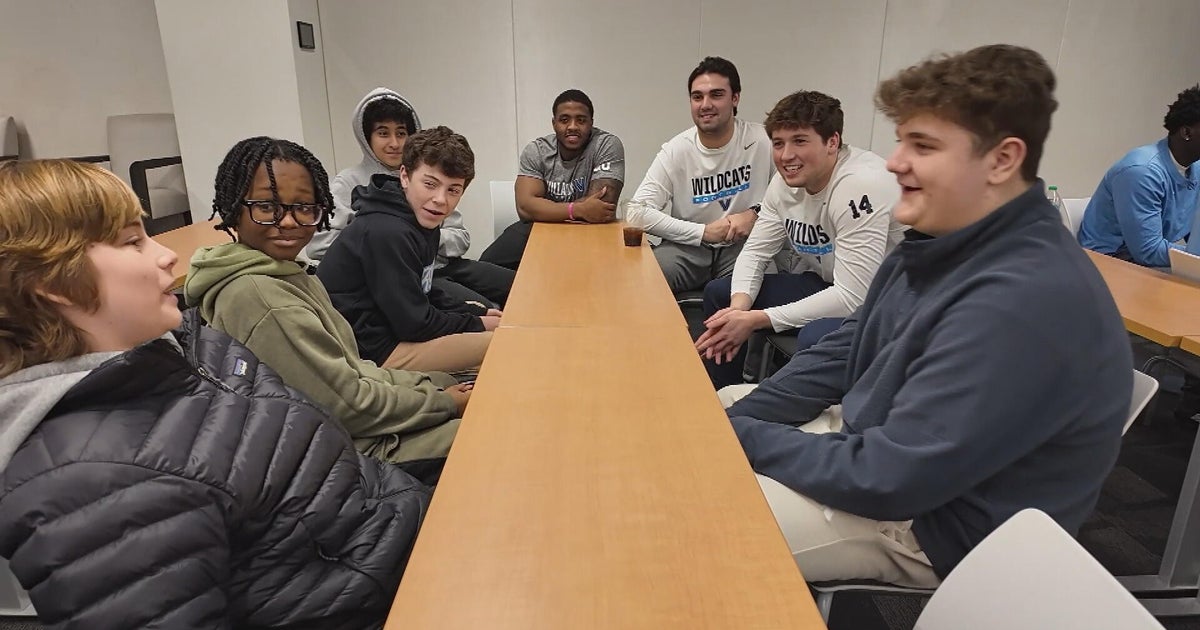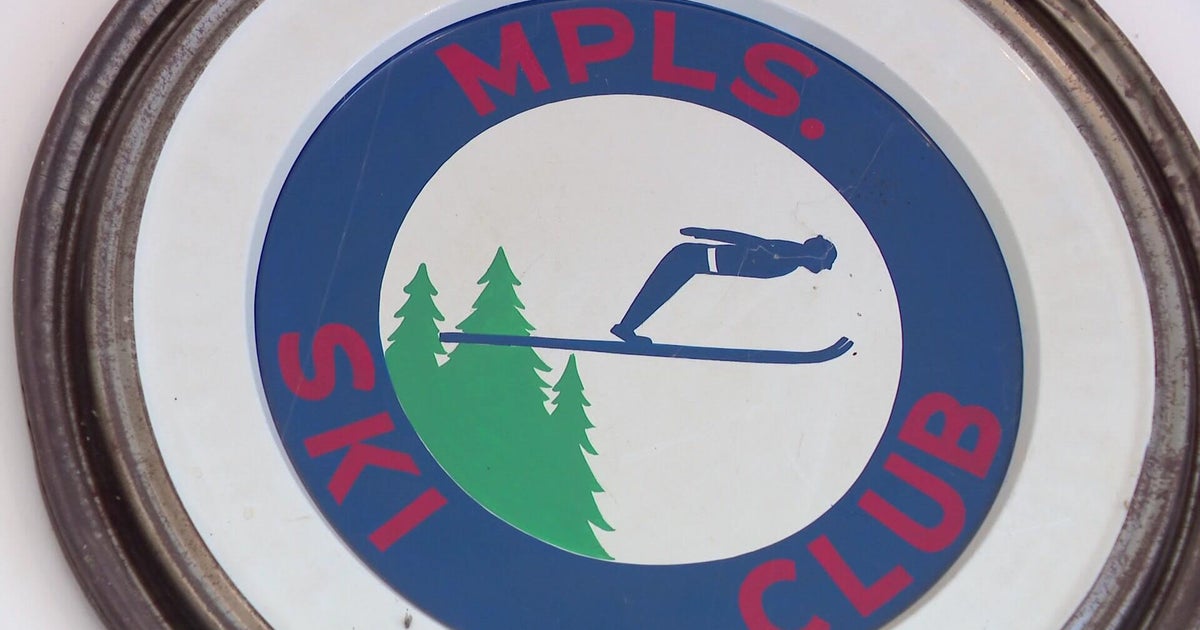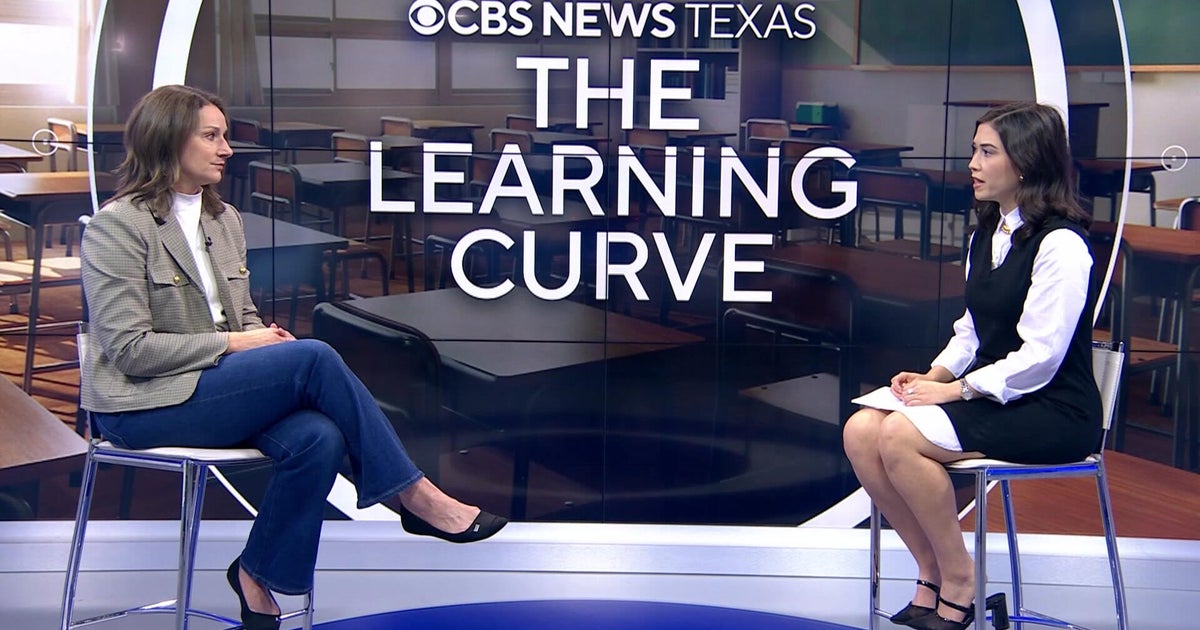HealthWatch: Physical Therapy
NEW YORK (CBS 2) -- It's not just baby boomers like CBS 2HD's Max Gomez who've had neck, back and rotator cuff surgery. Younger, active people also sustain all sorts of orthopedic injuries. And if you need surgery, chances are that you'll be able to get back to whatever you want to do, but to get there, you're going to have to put a lot of work into it.
The often forgotten part of getting better is physical therapy.
She lifts, she pedals, she stretches, she even leg presses, all hard work but somethings Mary Yanolatos knows she has to do.
"To get back to sports, I want to be able to hike again, to play volleyball again, definitely want to ski again," she said.
It was skiing that got Mary into trouble in the first place. A seemingly minor spill led to a torn ACL in her left knee. That's the anterior cruciate ligament - a key stabilizer of the knee.
Turns out sports medicine doctors are seeing lots of injuries like Mary's and more.
"Meniscal injuries, patellar dislocations, are all fairly common. In the shoulder we see mostly dislocations and labral injuries in younger patients and in older patients by far the most common is rotator cuff injuries," said Dr. Robert Marx of the Hospital For Special Surgery.
Mary's torn ACL needed reconstructive surgery. It's a very successful procedure, but one that requires a lot of work after the operation.
"Now you have to rehabilitate all the things that need to be addressed after surgery, strength, range of motion, flexibility," said Greg Fives, physical therapist.
Physical therapy, whether its for a knee, shoulder, ankle, almost any orthopedic injury, is crucial for a full and speedy recovery.
That's what Mary is working so hard at. She knows that a lot of people make the mistake of thinking that surgery is the end of the injury. It's actually just the beginning of getting better.
"It's crucial that a patient commit themselves to physical therapy and work very hard because if they don't, they can have an unsatisfactory result after the surgery," Marx said.
Both hard work and patience are important for recovery because it can take four to six months to recover full function after surgery.
"It's a commitment but it's something that enjoy doing. So, my new hobby, physical therapy," Mary said.
Physical therapy rehab is hard work and can be painful. It's amazing how muscles lose strength after surgery and joints get stiff without movement.
That's also why, if you can, physical therapy even before surgery is a good idea to build strength and flexibilty that will make rehab and recovery easier after surgery.
So how often do you need to be doing physical therapy after surgery? Ideally two or three times a week, but then you need to be doing special exercises every day.
The trouble is that many insurance plans restrict the number of sessions and how long you can keep going to P.T.
If that happens to you, fight for more if you're not back to full function, get your doctor to write an appeal to the company.
